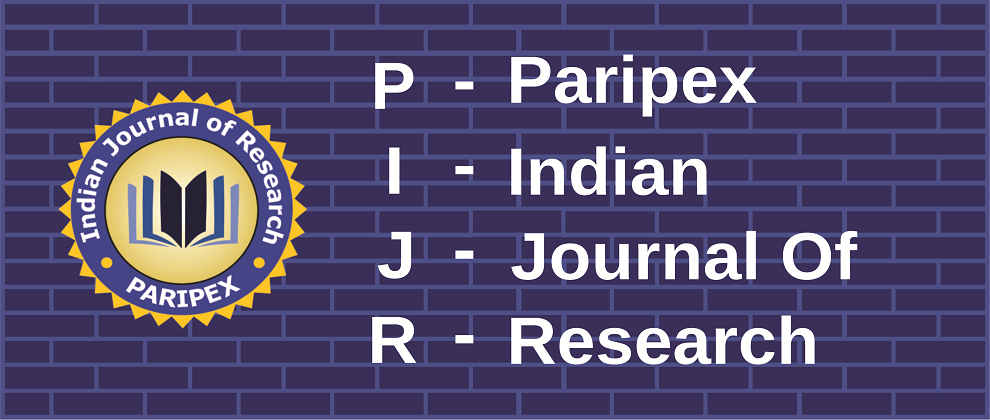Volume : VII, Issue : IV, April - 2018
A Clinical Comparative Study Of Effect Of Intranasal Dexmedetomidine And Clonidine On Hemodynamic Response During Laryngoscopy In Hypertensive Adult Patients: A Double Blinded Randomized Trial.
Dharmendra Kumar Yadav, Prachi Pal, L. S. Mishra
Abstract :
Induction of anaesthesia is a stressful event and can lead to major hemodynamic alterations which can be detrimental in hypertensive patients.Sedative premedication in general is considered to be an effective option for reduction of preoperative anxiety and preventing untoward hemodynamic responses at the time of induction. We compared the efficacy of Dexmedetomidine and Clonidine in preoperative sedation and blunting of undesirable hemodynamic responses at the time of induction.Fifty four patients were randomly divided, Group D (n=27) received intranasal Dexmedetomidine 1 µg/kg and Group C (n=27) received intranasal Clonidine 3 µg/kg in the form of nasal drops 45 min before surgery. Hemodynamic parameters (HR and MAP) and sedation were observed.Intranasal Dexmedetomidinewas found to be more effective in producing perioperative anxiolysis, higher sedation levels and more stable hemodynamics at the time of induction, hence can be considered as an alternative of conventional medications to manage selected patients with anxiety.
Keywords :
Article:
Download PDF
DOI : https://www.doi.org/10.36106/paripex
Cite This Article:
Dharmendra Kumar Yadav, Prachi Pal, L.S. Mishra, A Clinical Comparative Study Of Effect Of Intranasal Dexmedetomidine And Clonidine On Hemodynamic Response During Laryngoscopy In Hypertensive Adult Patients: A Double Blinded Randomized Trial., PARIPEX‾INDIAN JOURNAL OF RESEARCH : Volume-7 | Issue-4 | April-2018
Number of Downloads : 150
References :
Dharmendra Kumar Yadav, Prachi Pal, L.S. Mishra, A Clinical Comparative Study Of Effect Of Intranasal Dexmedetomidine And Clonidine On Hemodynamic Response During Laryngoscopy In Hypertensive Adult Patients: A Double Blinded Randomized Trial., PARIPEX‾INDIAN JOURNAL OF RESEARCH : Volume-7 | Issue-4 | April-2018


 MENU
MENU

 MENU
MENU


